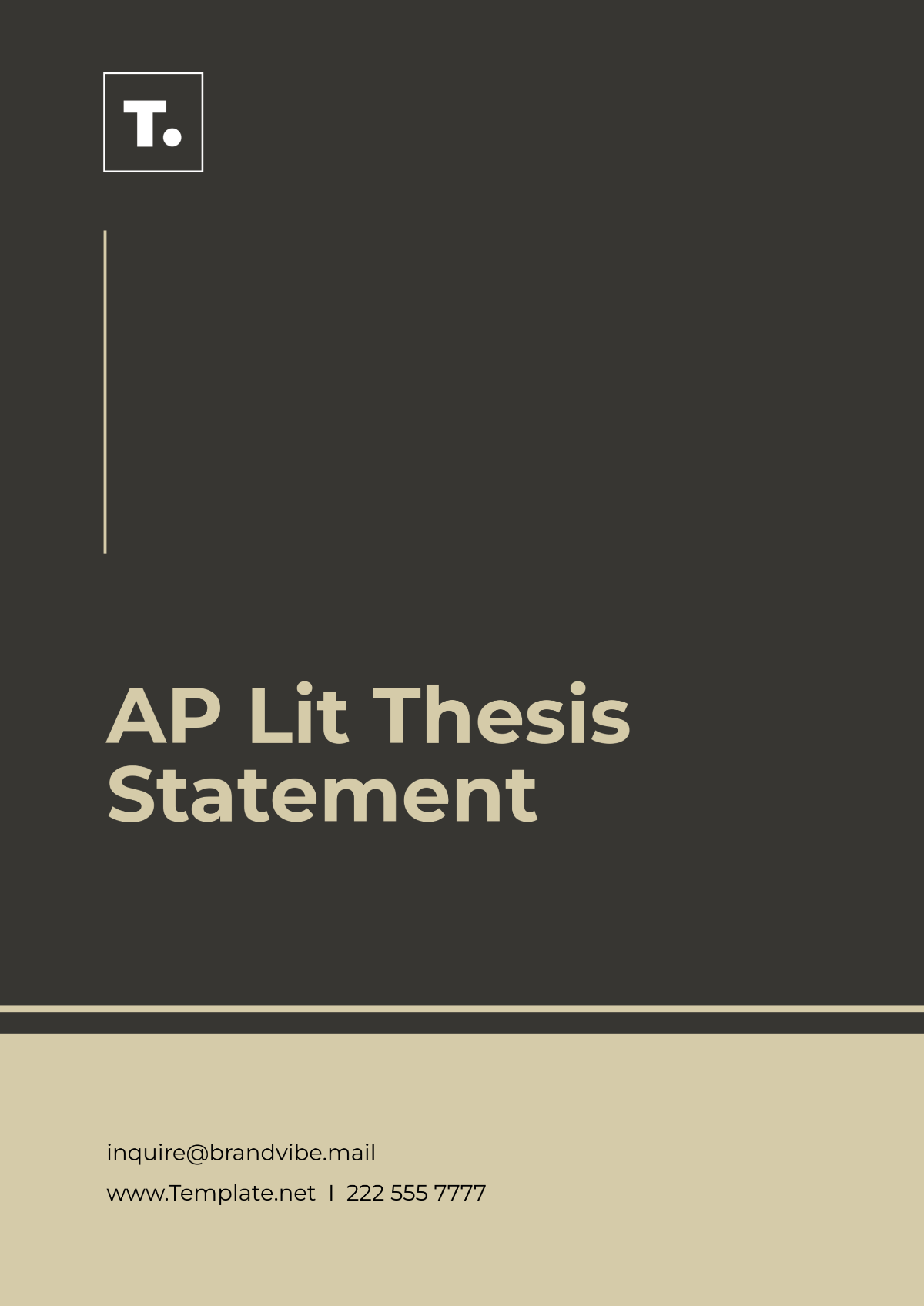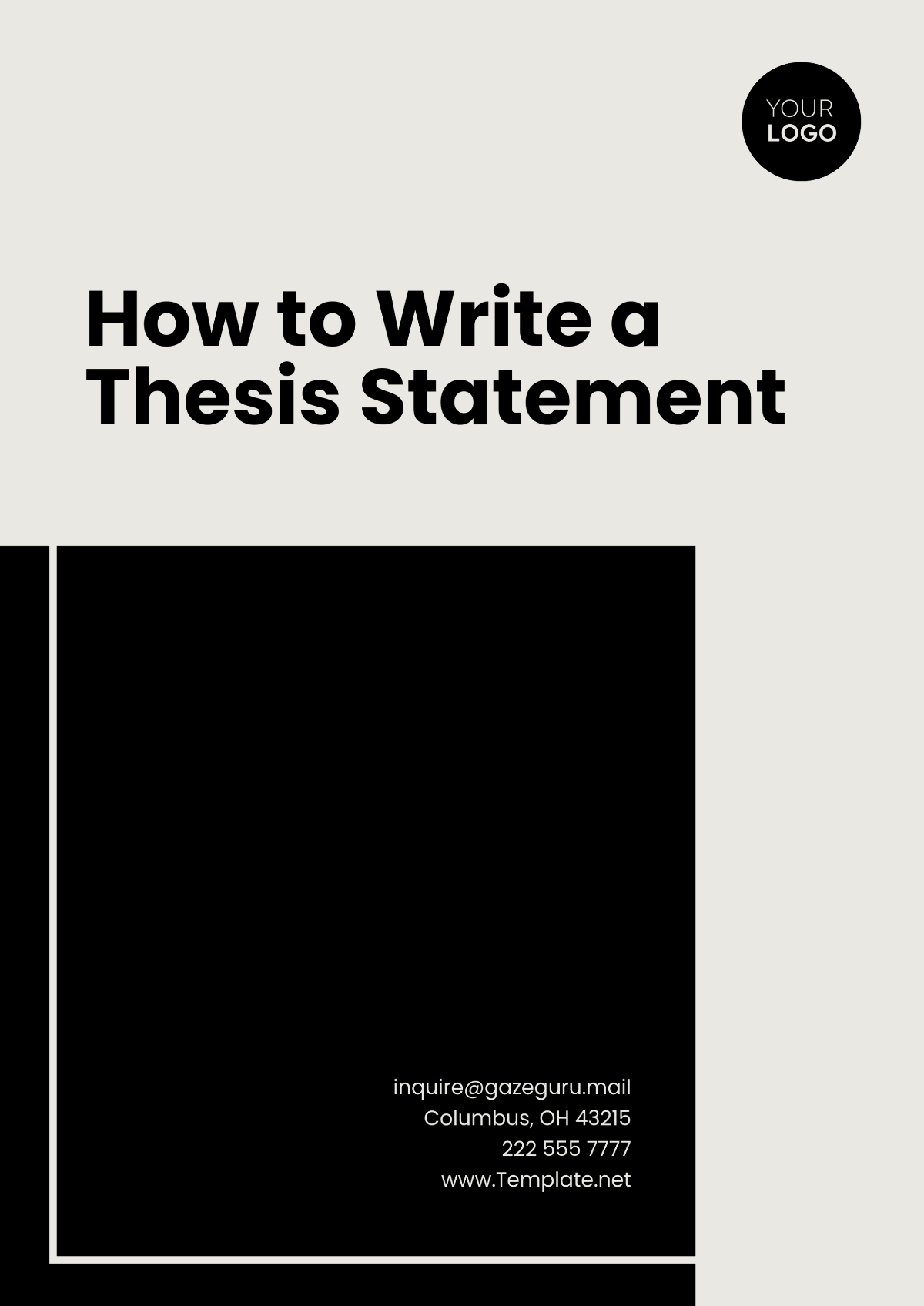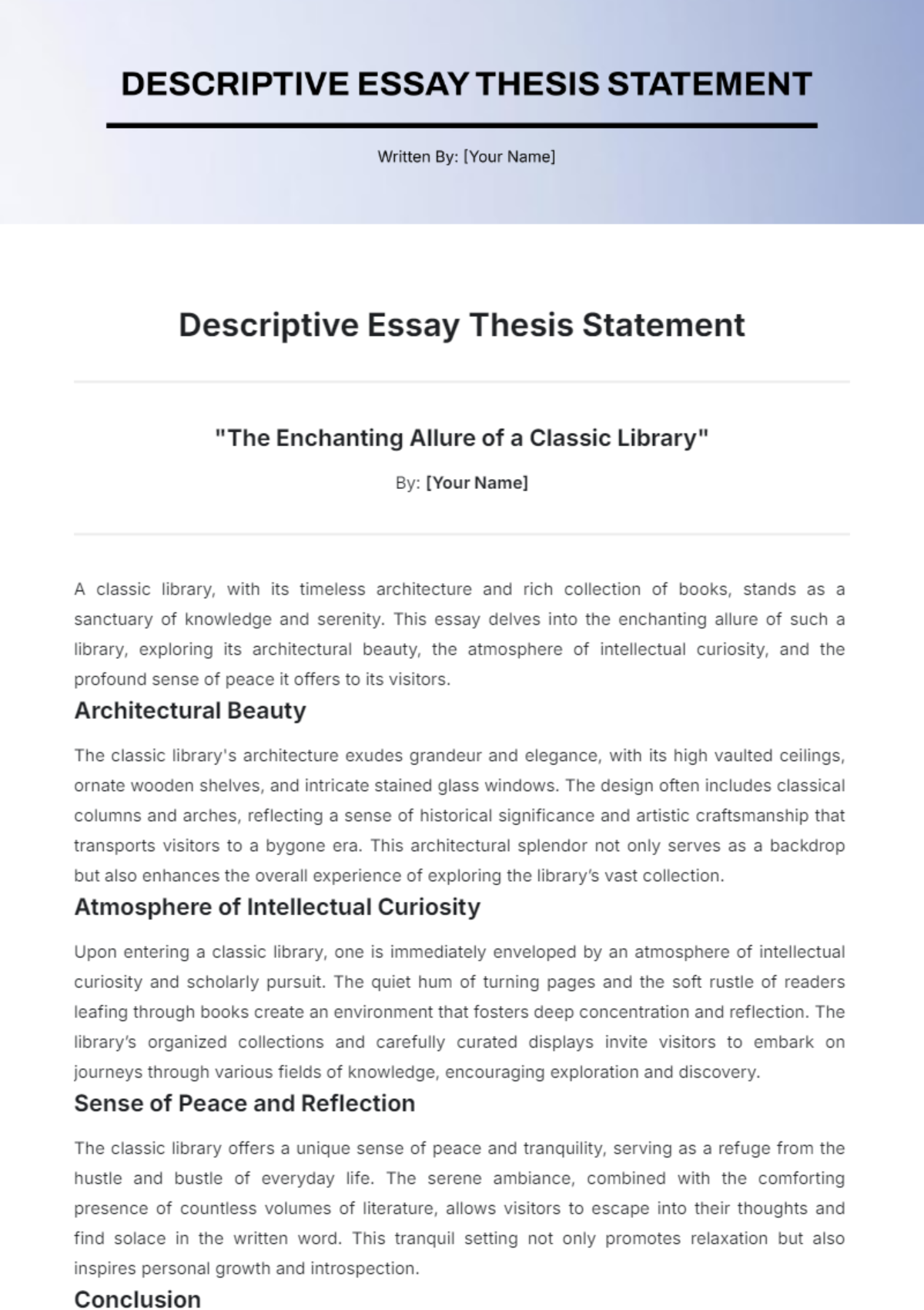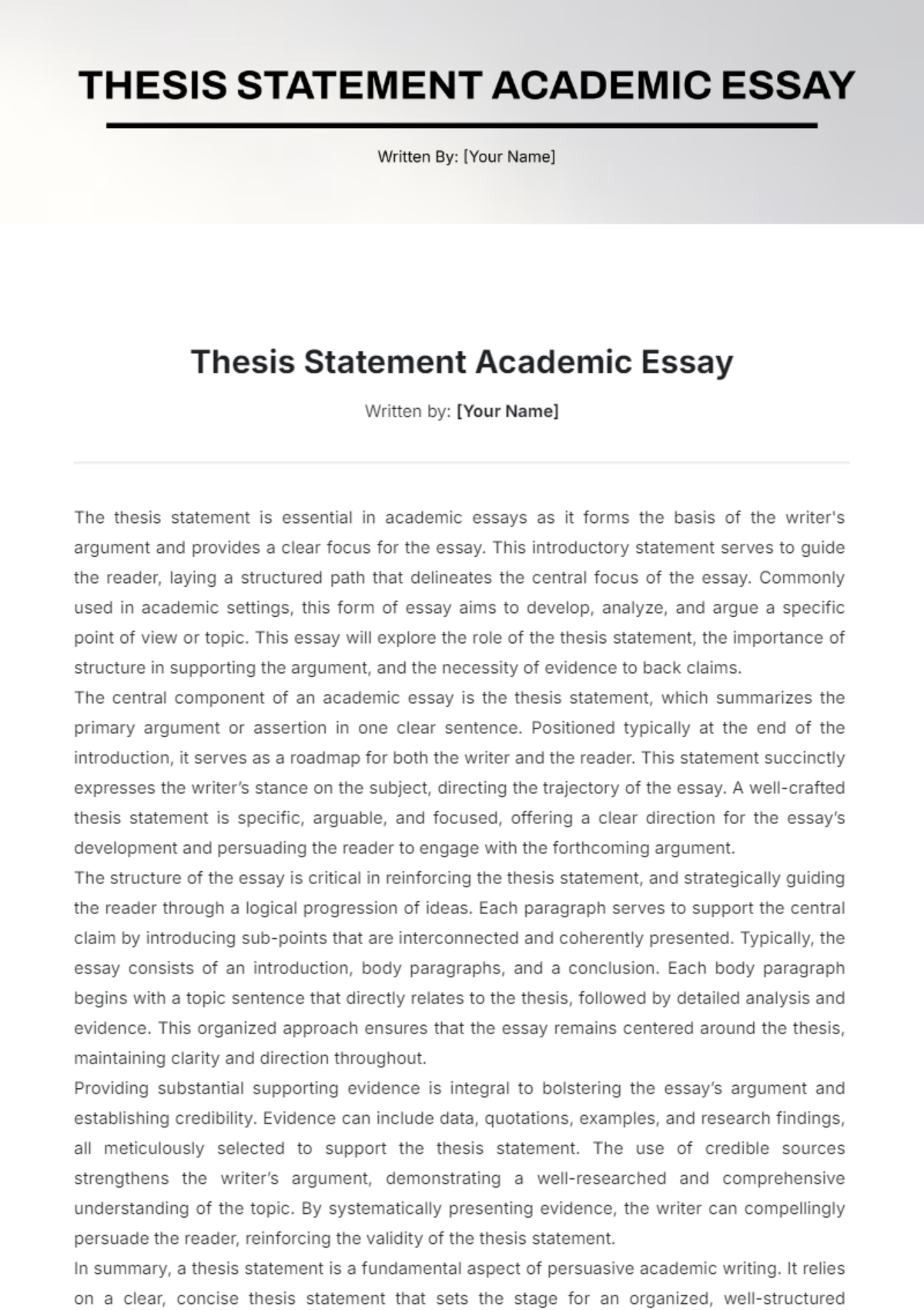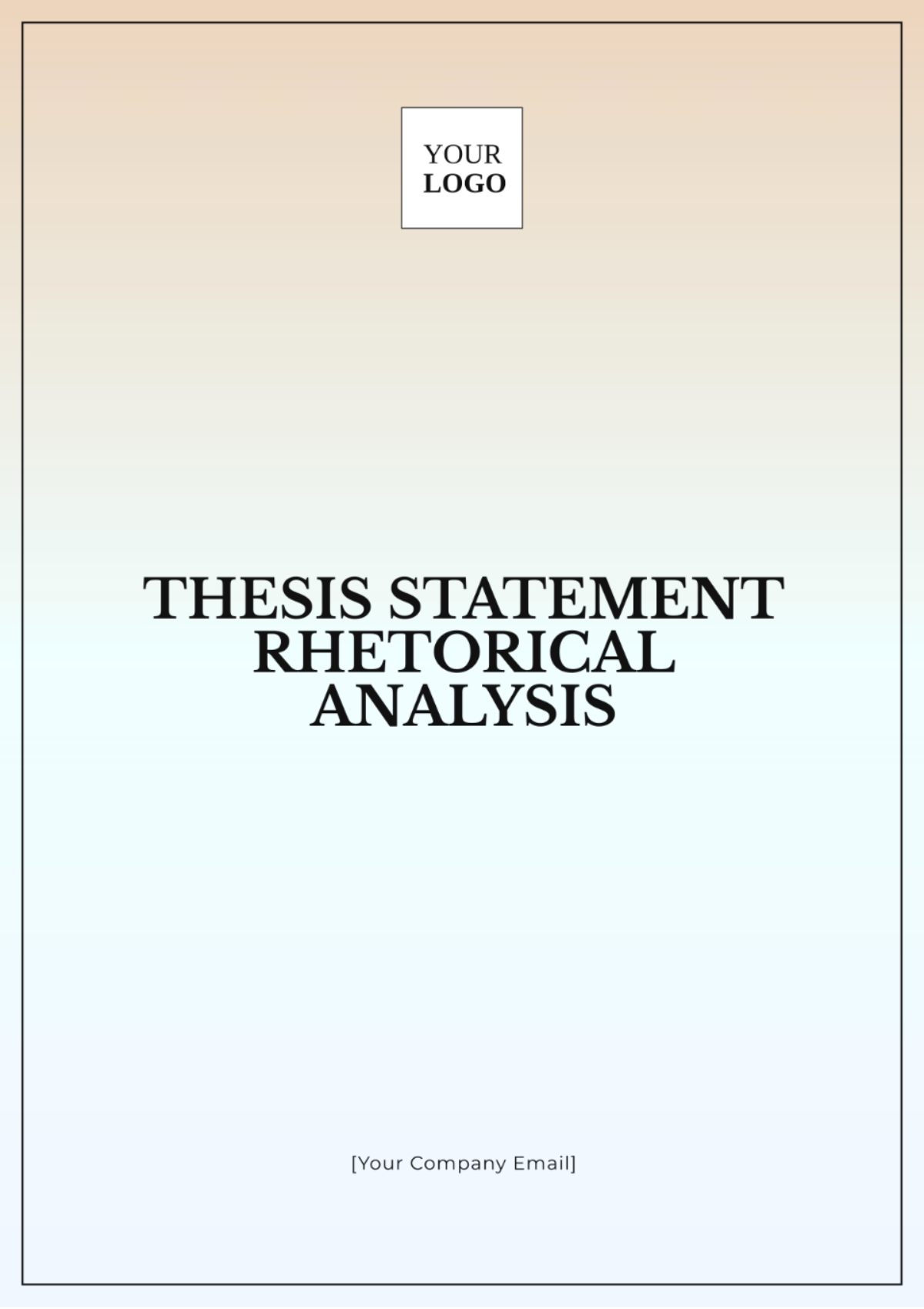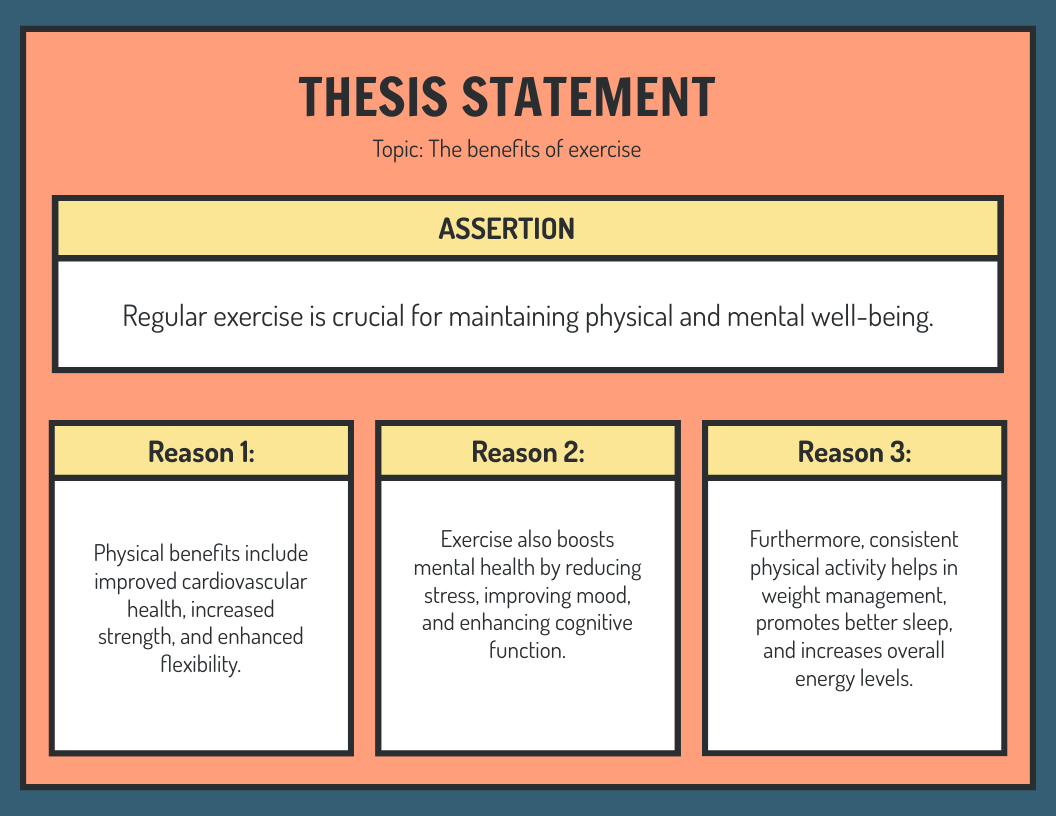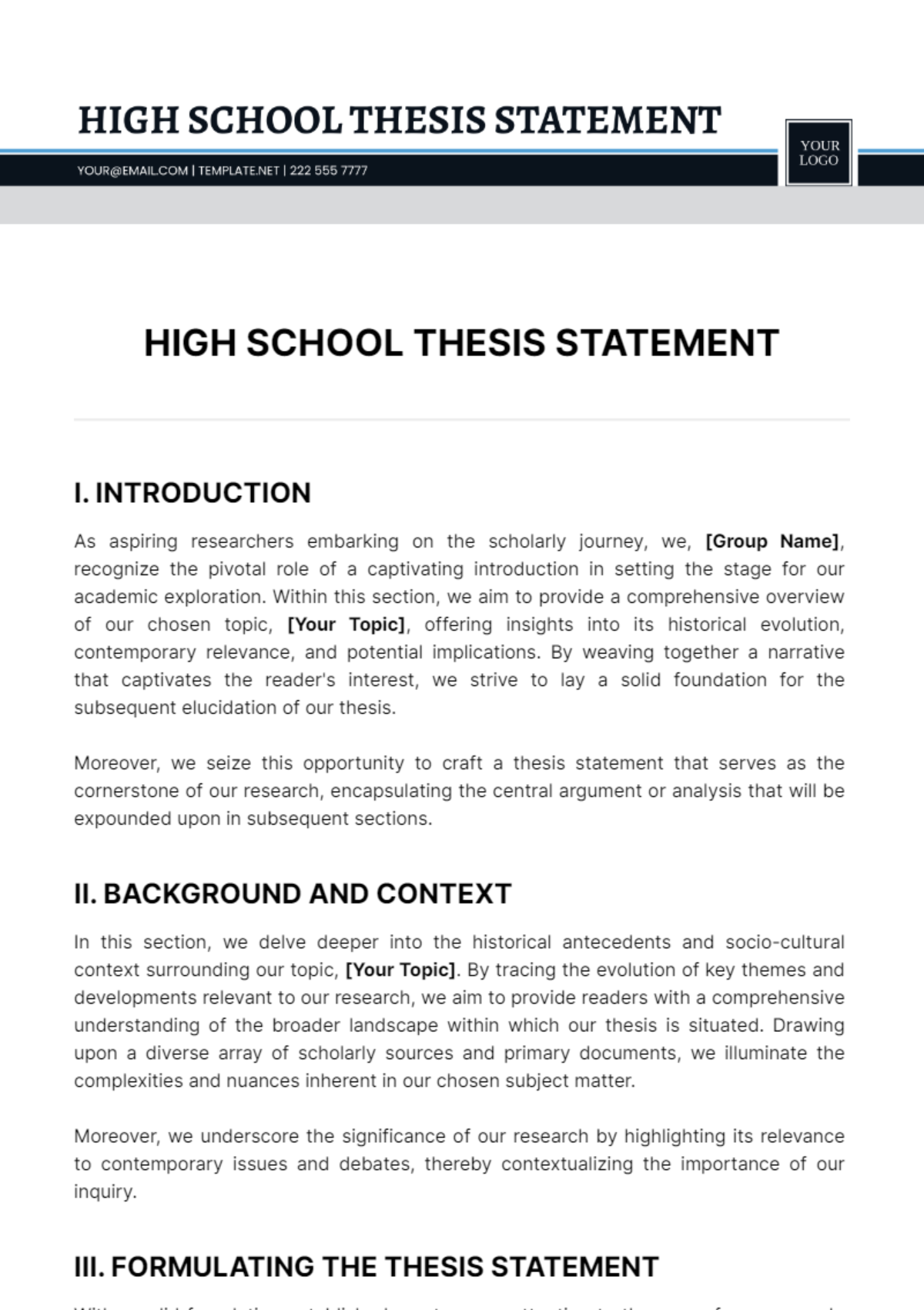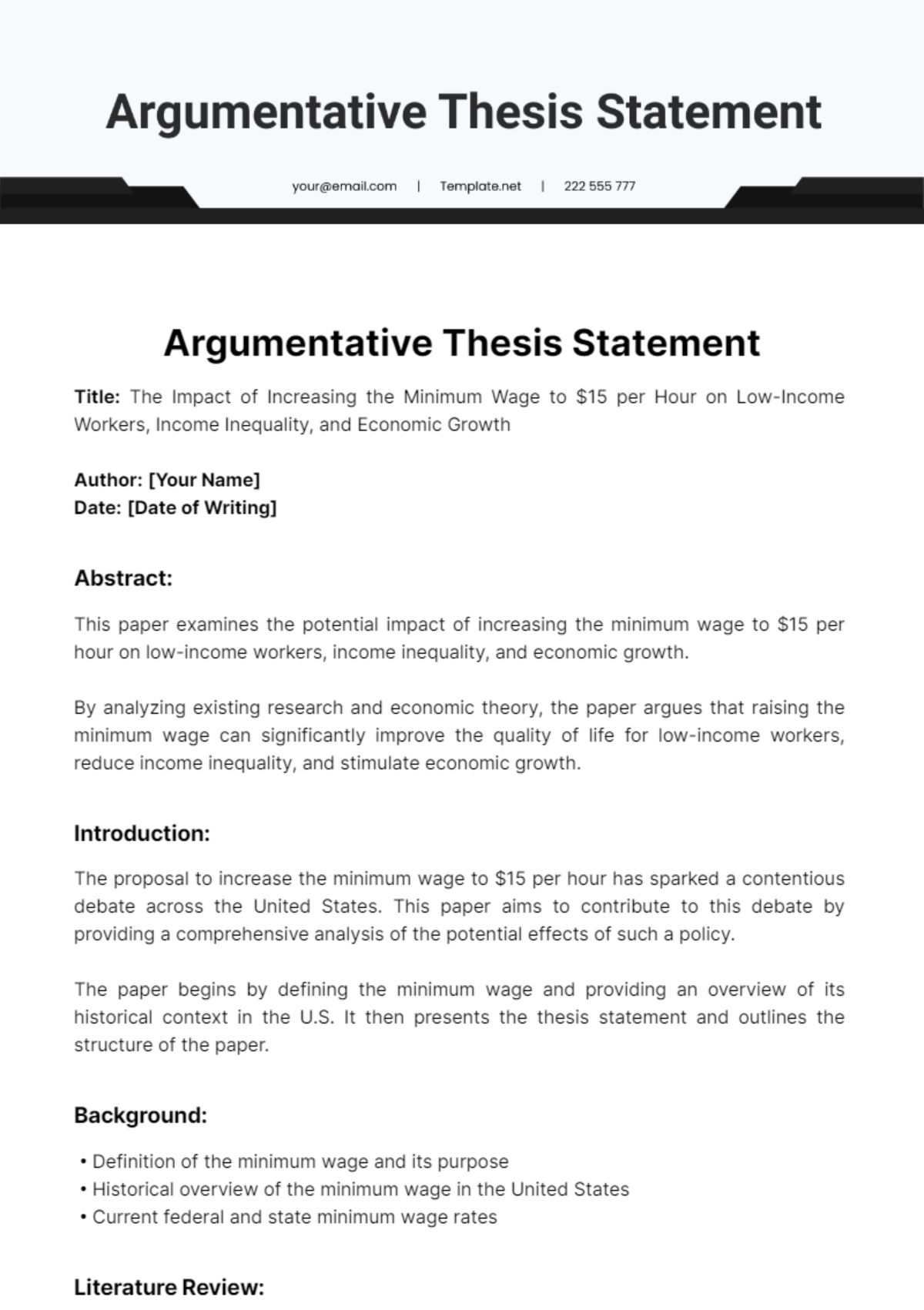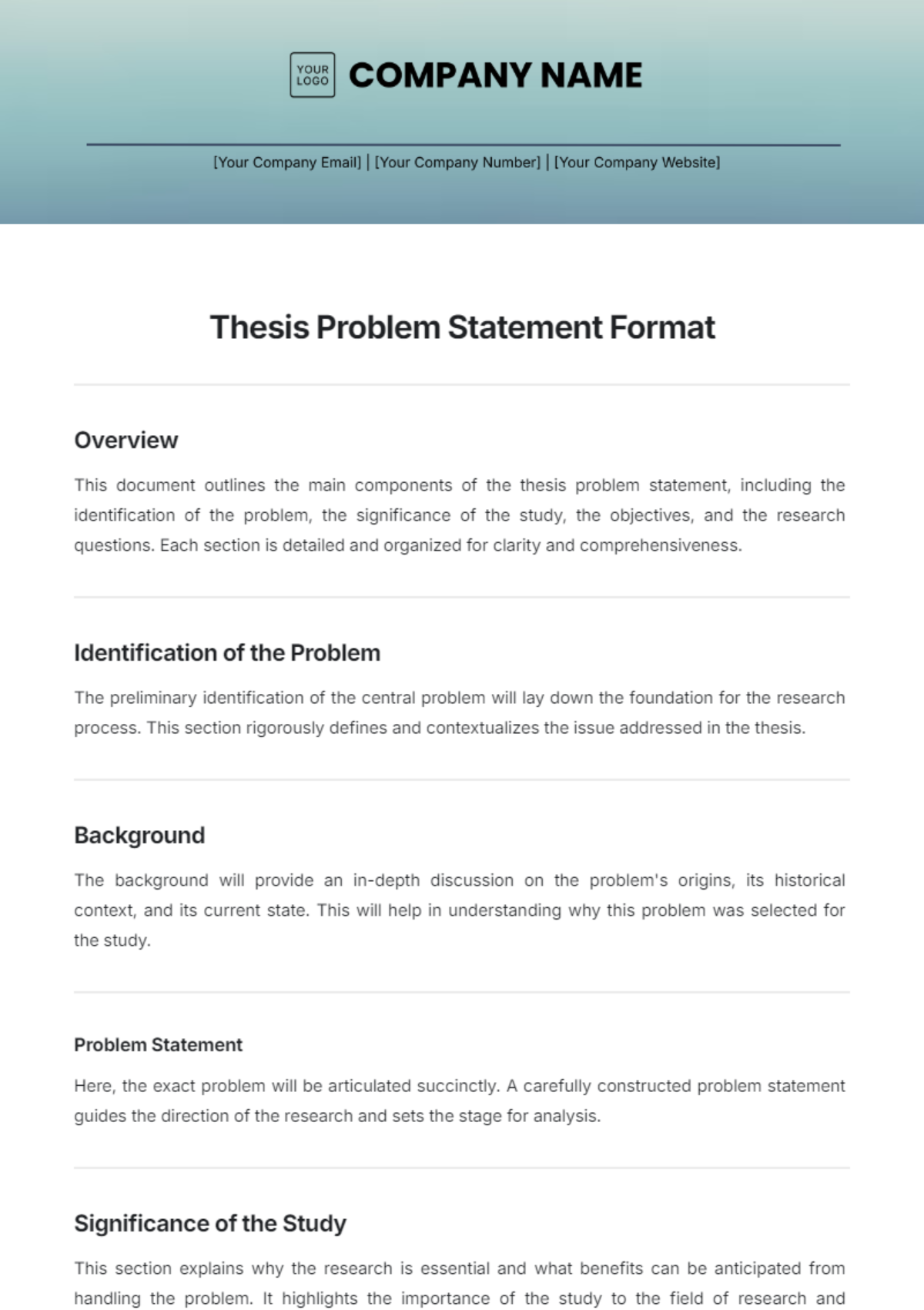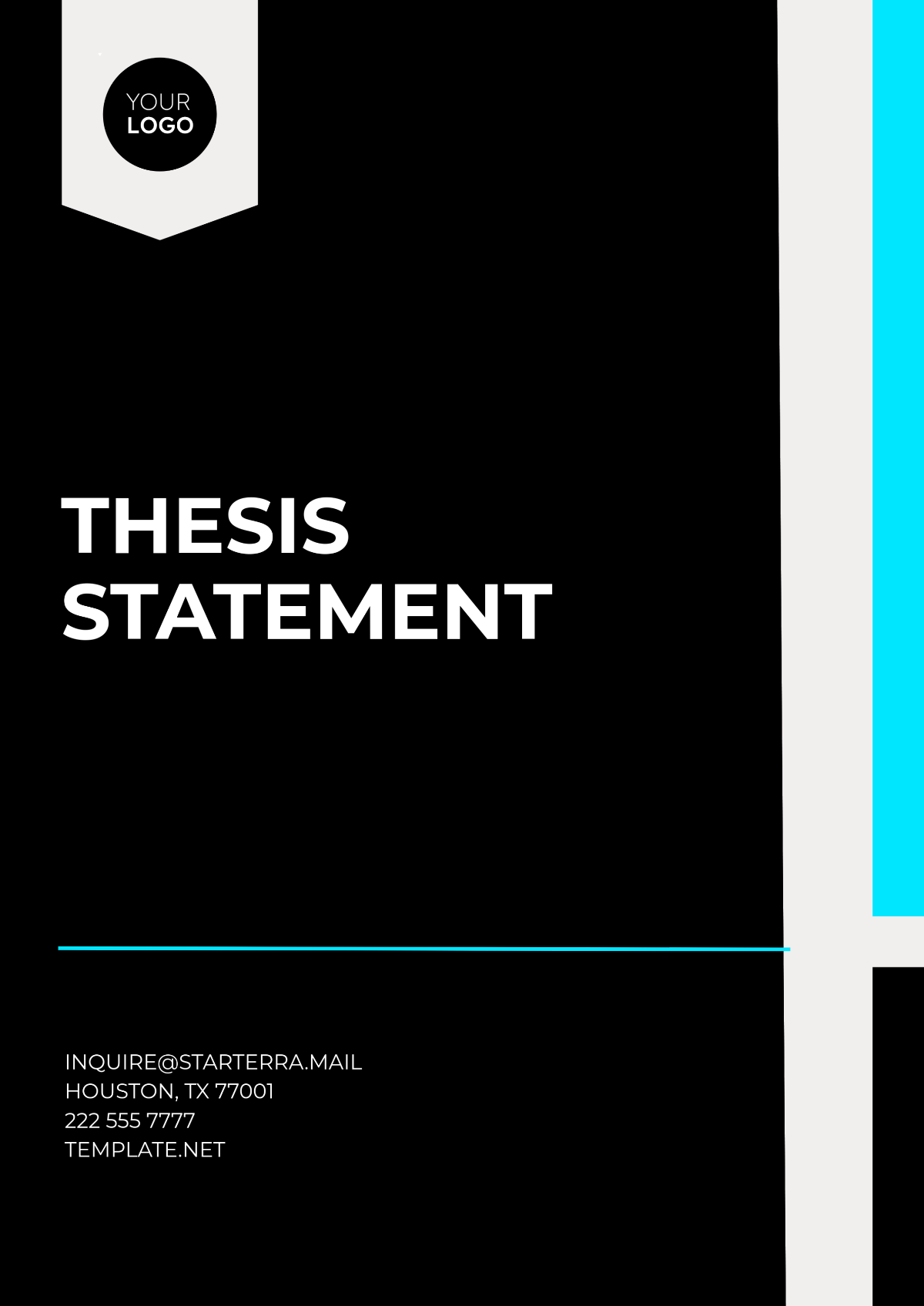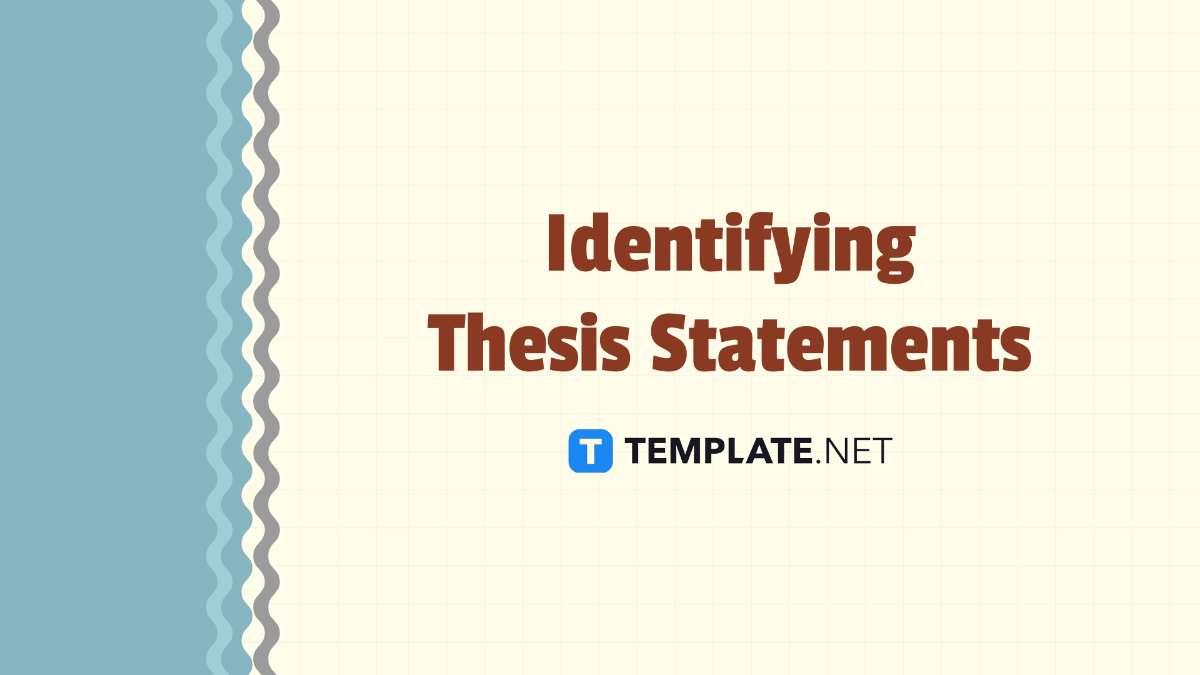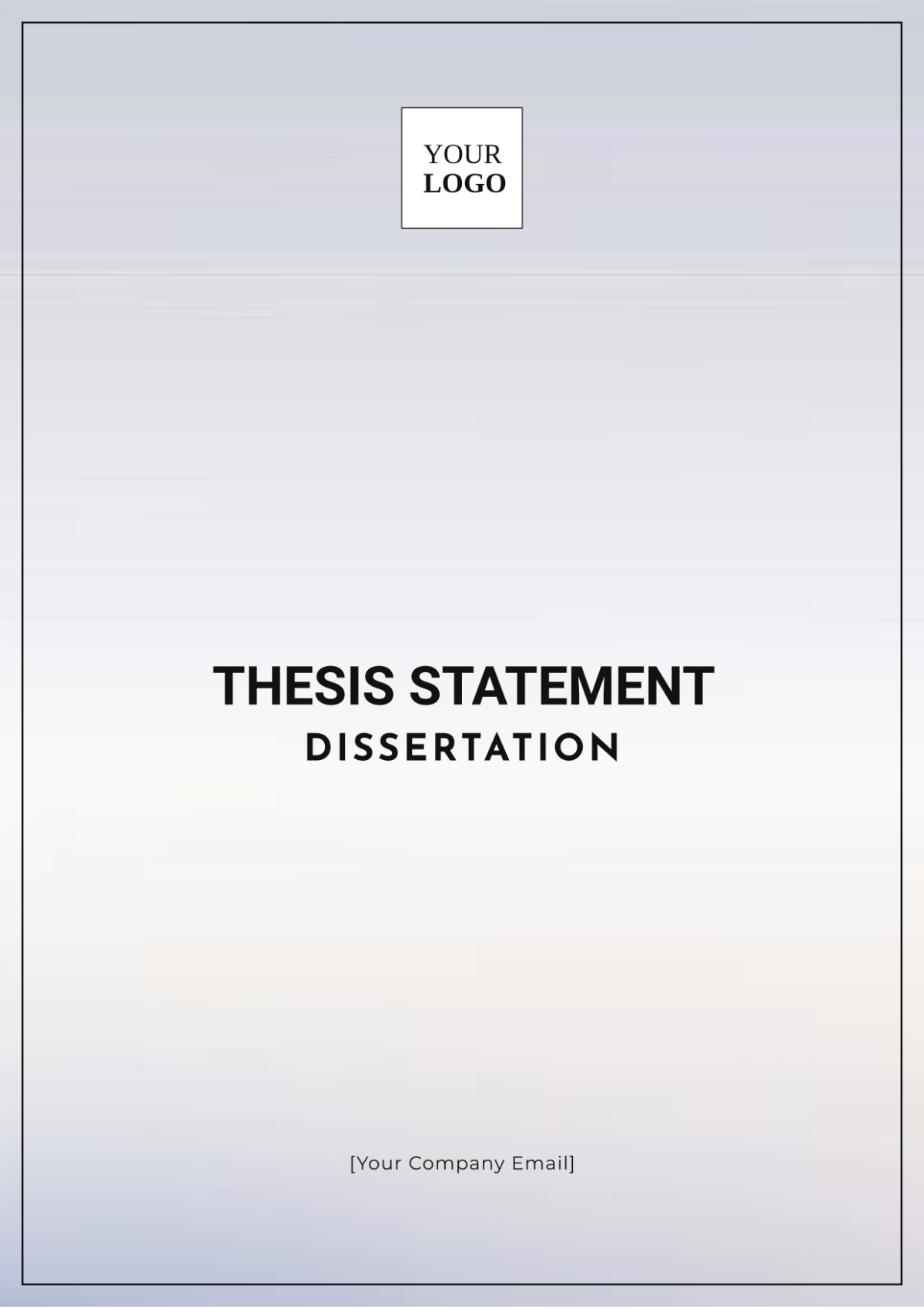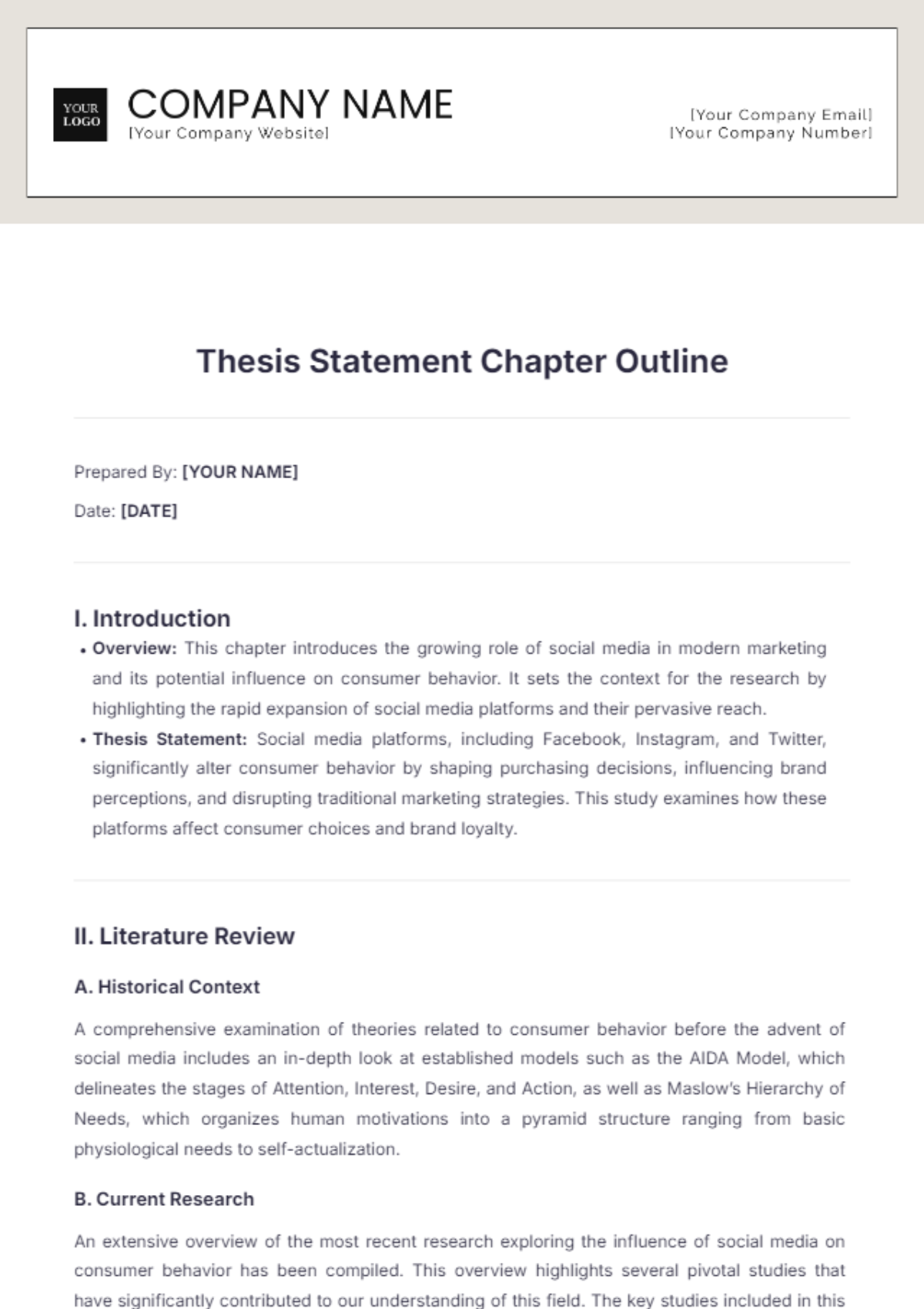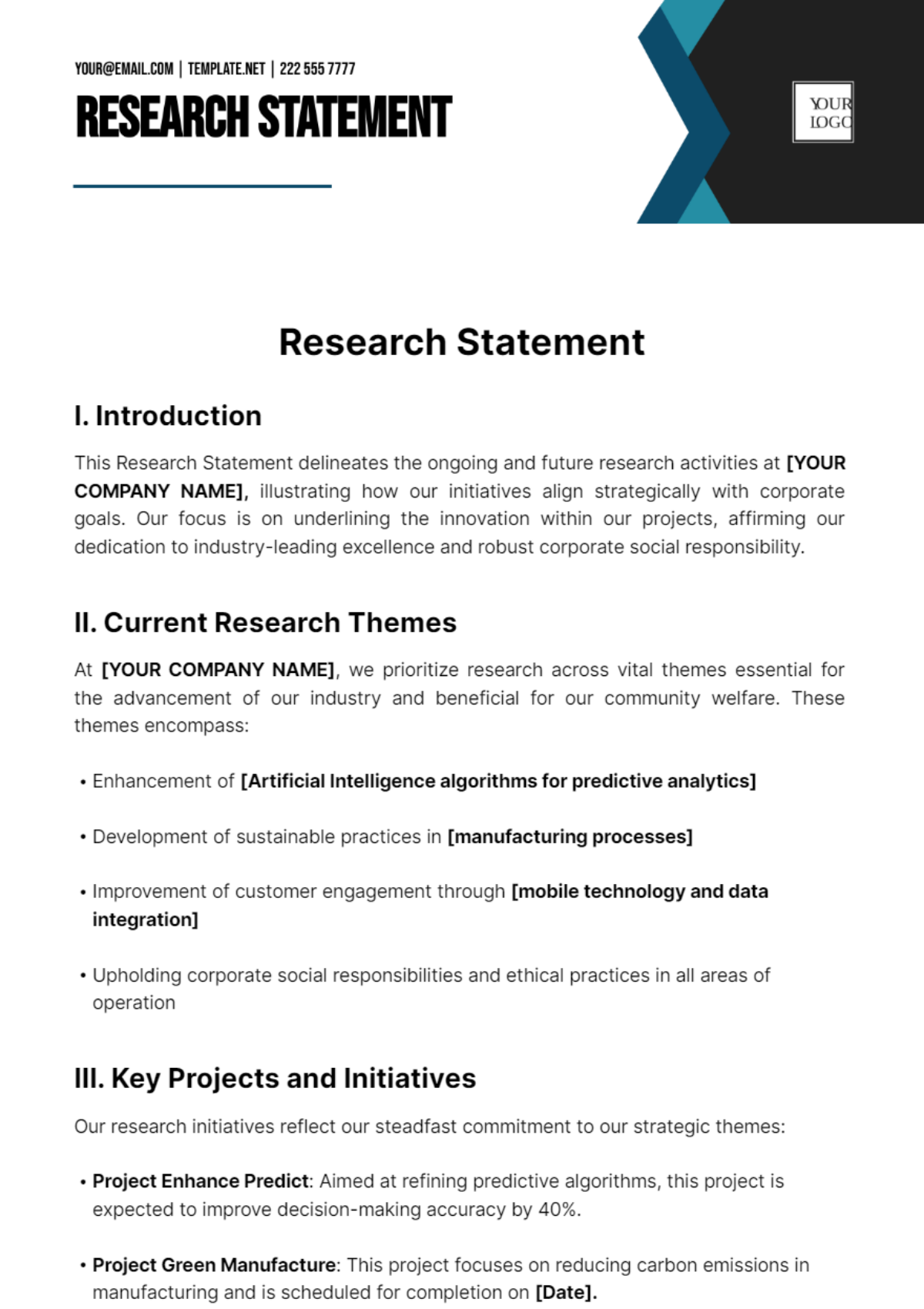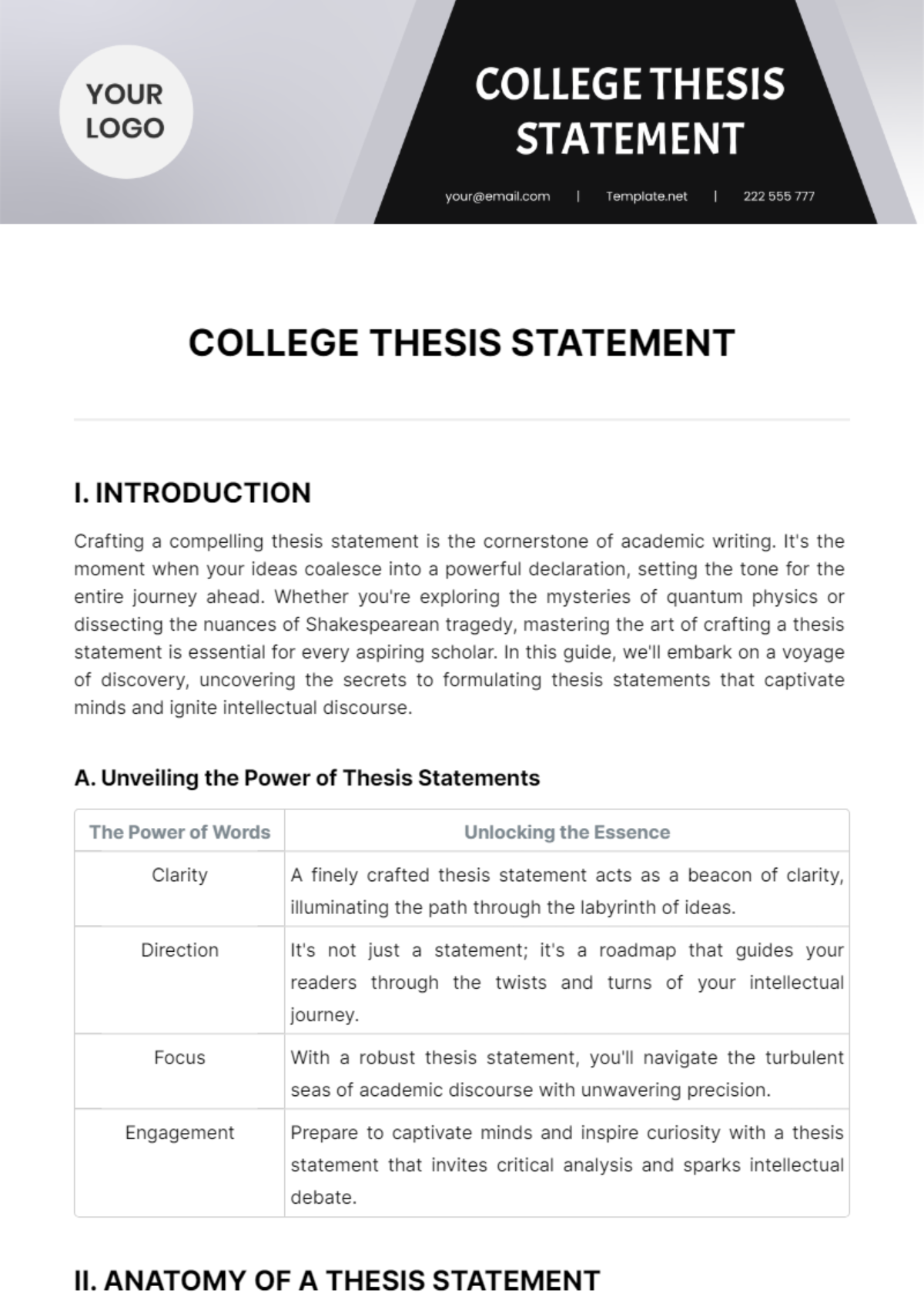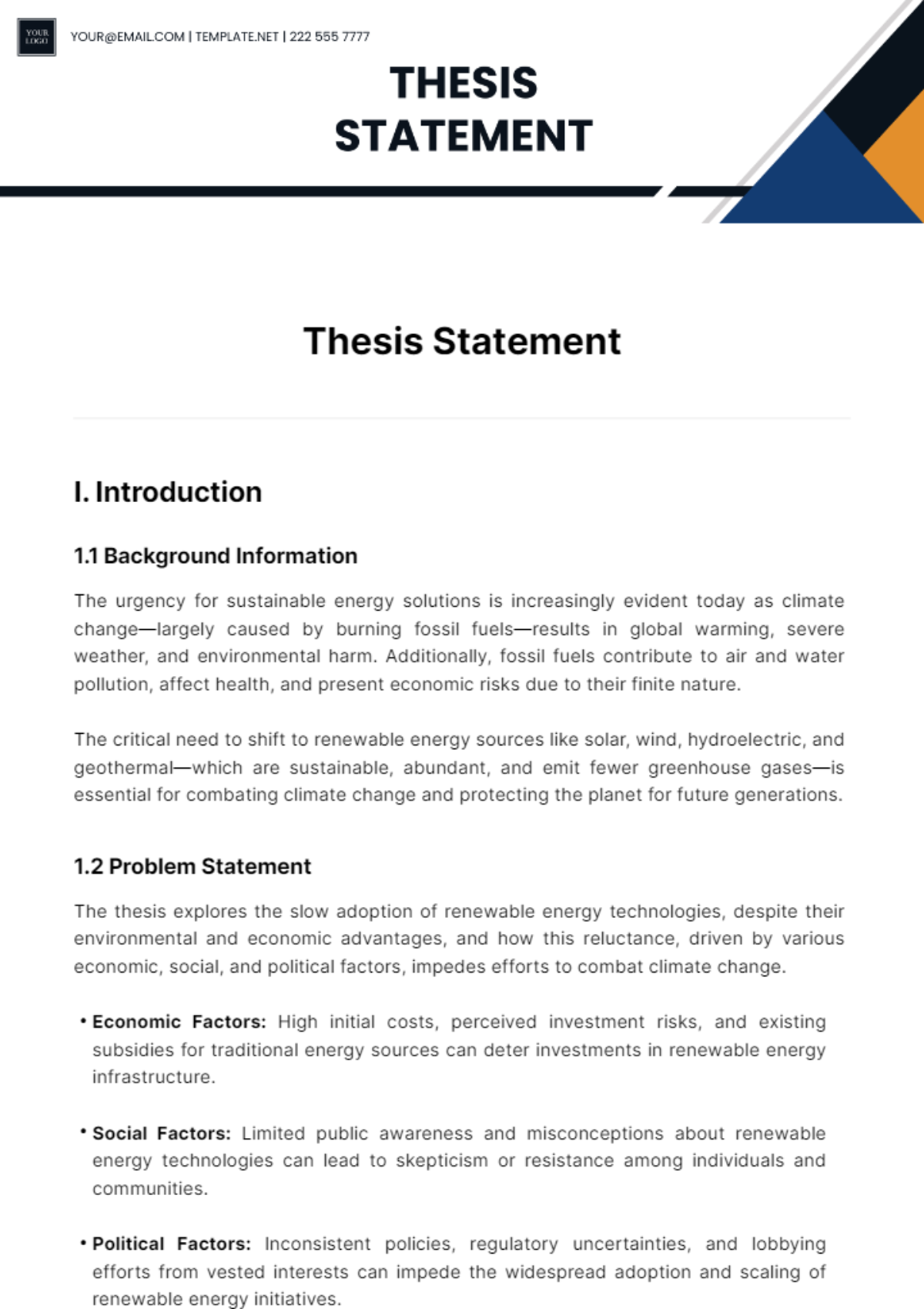Free Thesis Statement Rhetorical Analysis Template
Thesis Statement Rhetorical Analysis
Prepared By: [YOUR NAME]
Date: [DATE]
I. Introduction
In the essay “The Impact of Climate Change on Coastal Cities,” the author argues that immediate and comprehensive action is necessary to mitigate the effects of climate change on coastal cities. The thesis statement, “Immediate action to reduce carbon emissions is essential for preserving coastal cities from the severe impacts of climate change, as it will prevent loss of habitat, economic instability, and public health crises,” sets the tone for the argument and highlights the urgency of the issue. This analysis will explore the rhetorical strategies employed in the thesis statement and assess its effectiveness in persuading the audience.
II. Rhetorical Strategies
A. Ethos (Credibility)
The author establishes credibility by referencing recent scientific studies and expert opinions on climate change. By integrating data from reputable sources such as the Intergovernmental Panel on Climate Change (IPCC) and climate scientists, the thesis statement gains authority and trustworthiness.
B. Pathos (Emotional Appeal)
The thesis statement appeals to the audience's emotions by emphasizing the potential loss of habitat, economic instability, and public health crises. This emotional appeal is designed to evoke a sense of urgency and concern about the future of coastal cities, prompting readers to feel a personal stake in the issue.
C. Logos (Logical Appeal)
The logical appeal is evident in the thesis statement’s clear and structured argument. It presents a cause-and-effect relationship: reducing carbon emissions will prevent negative outcomes. This logical framework helps to clarify the rationale behind the proposed action and supports the thesis with reasoned arguments.
III. Counterarguments
A. Potential Counterargument: Economic Concerns
A thesis statement should address critics' concerns about the economic impacts of immediate carbon emission reductions, such as job losses and reduced industrial output, by presenting counterarguments like the long-term economic benefits and the potential for job creation in green industries to bolster its case.
B. Potential Counterargument: Feasibility and Implementation
A counterargument is that immediate carbon reduction is impractical due to current constraints. The thesis should present successful case studies or solutions to show feasibility and impact, reinforcing the argument.
IV. Effectiveness
The thesis statement is effective in conveying the importance of the issue and persuading the audience of the need for immediate action. The use of credible sources enhances the author's authority, while the emotional and logical appeals work together to create a compelling argument. By addressing potential consequences such as habitat loss and economic instability, the thesis statement makes a strong case for why action is necessary.
V. Supporting Evidence
A. Scientific Data and Case Studies
To further support the thesis statement, the author should include specific scientific data and case studies that illustrate the impacts of climate change on coastal cities. This could include statistics on rising sea levels, examples of recent natural disasters, and case studies of cities that have successfully implemented carbon reduction strategies.
B. Historical Precedents
Historical precedents where similar actions led to positive outcomes can also be used to support the thesis. Examples of past environmental policies that resulted in significant improvements can help demonstrate that immediate action is both practical and effective, thereby reinforcing the argument.
VI. Conclusion
In summary, the thesis statement in “The Impact of Climate Change on Coastal Cities” effectively employs rhetorical strategies to persuade the audience. Through the use of ethos, pathos, and logos, the author highlights the urgency of addressing climate change and its impact on coastal cities. The analysis of these strategies, along with addressing potential counterarguments and incorporating supporting evidence, demonstrates how the thesis statement successfully engages readers and underscores the importance of the proposed actions.
